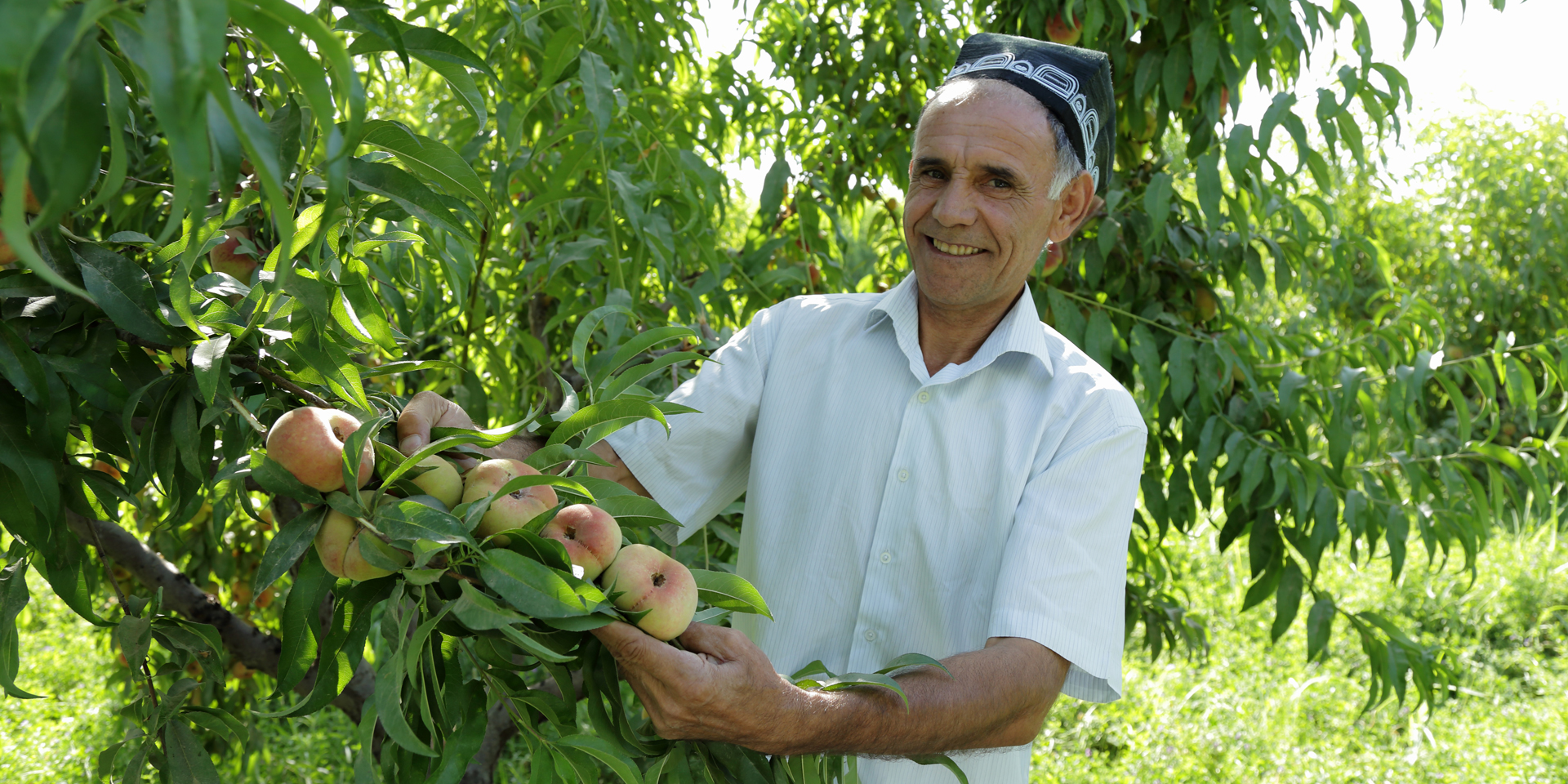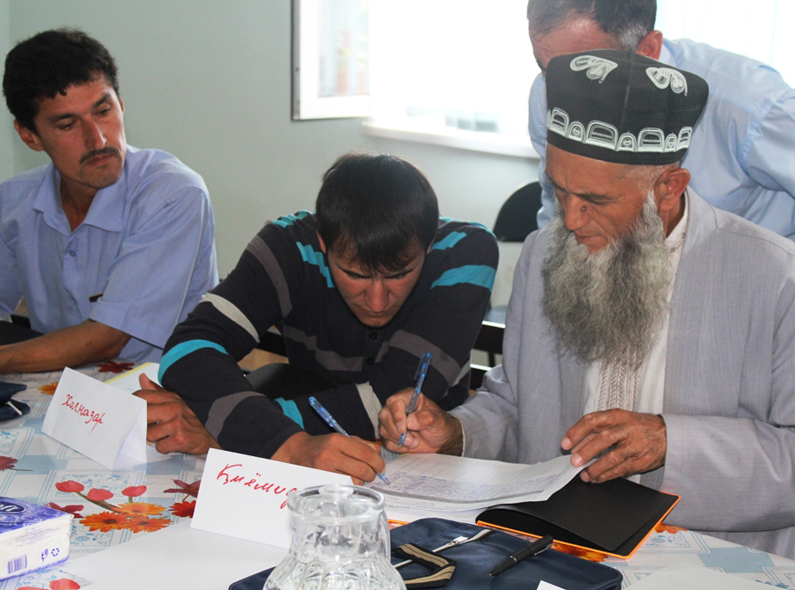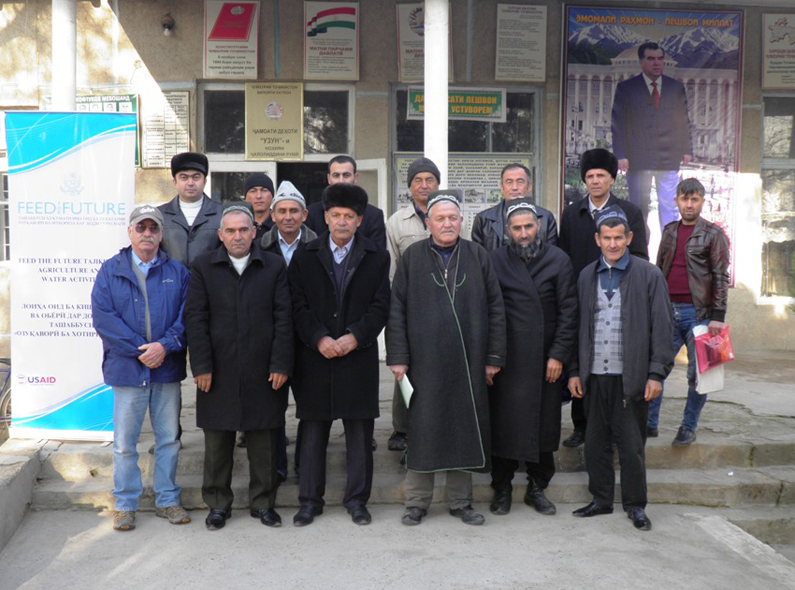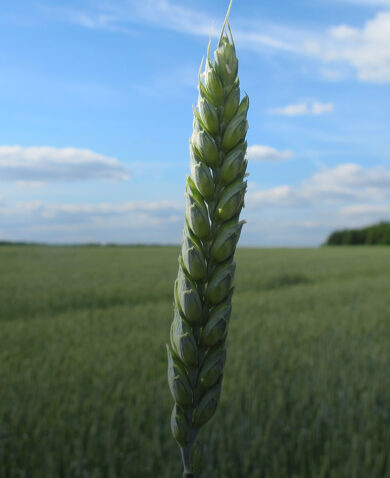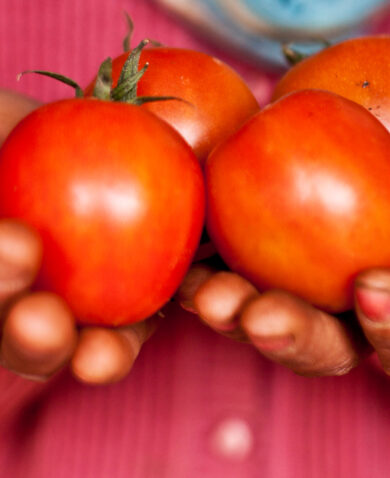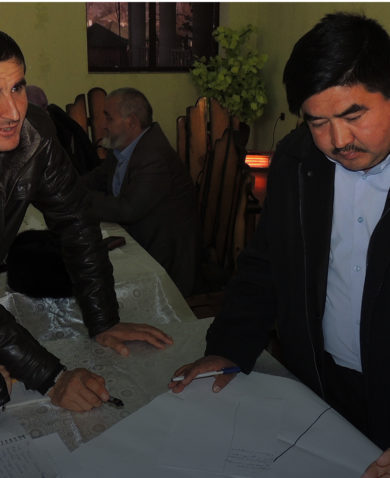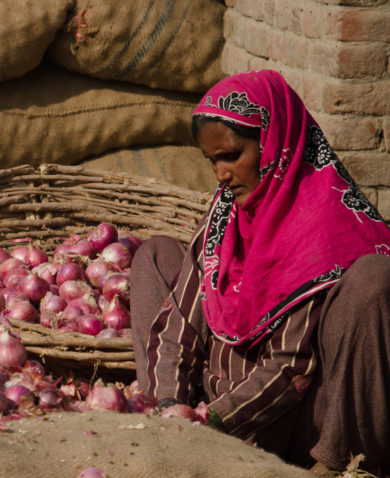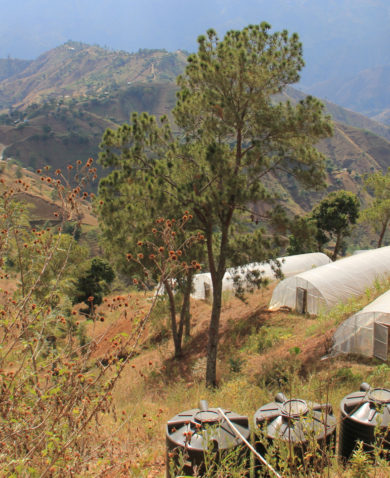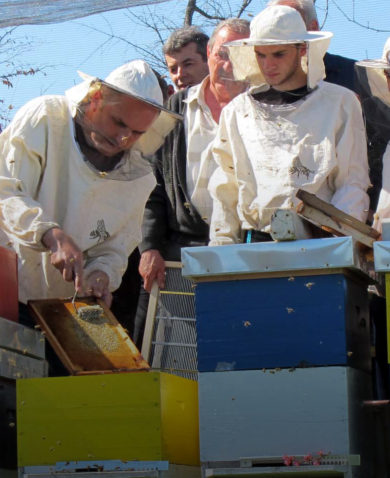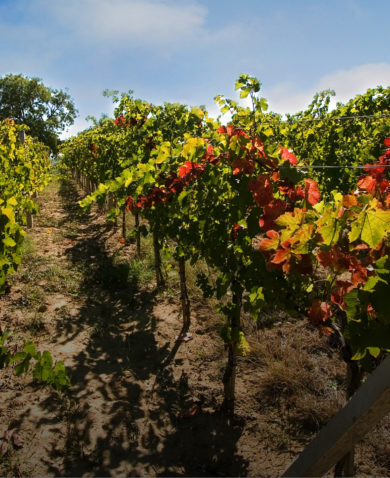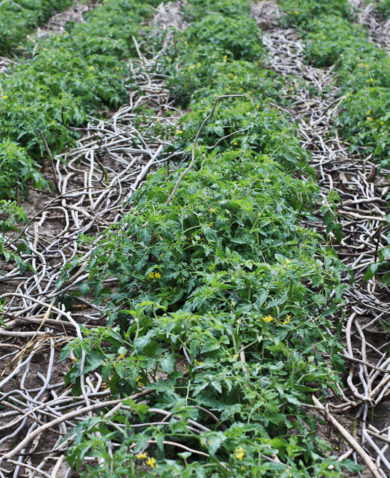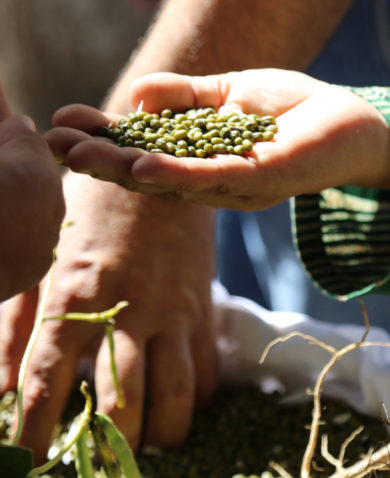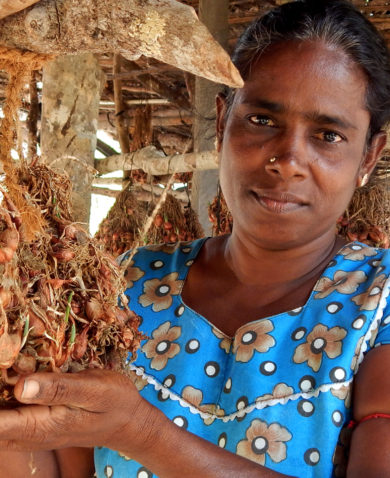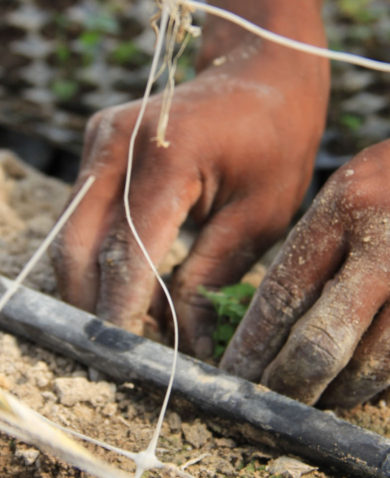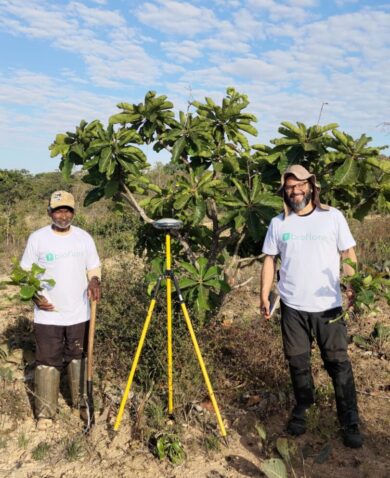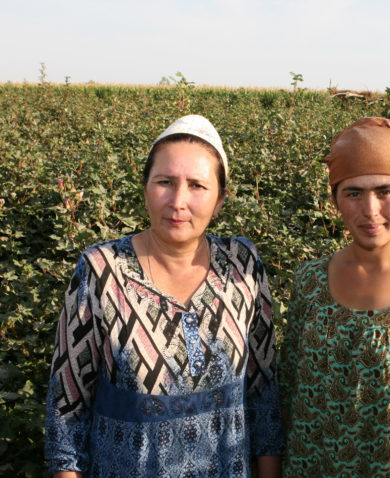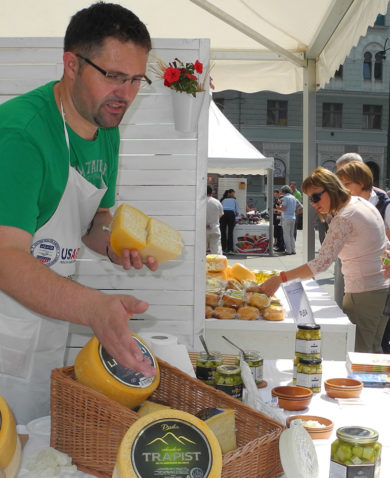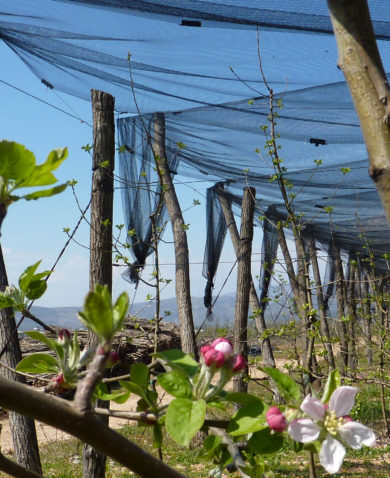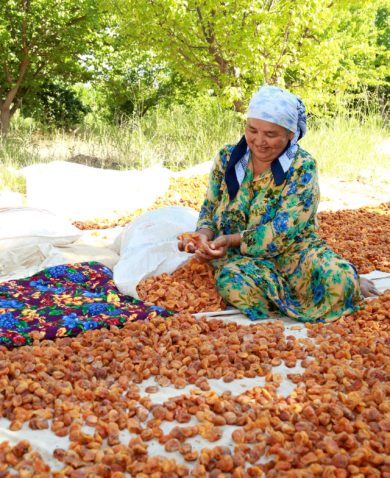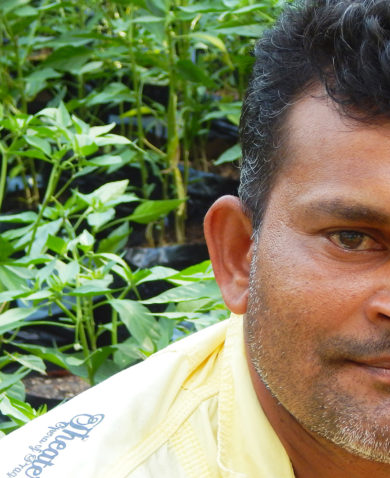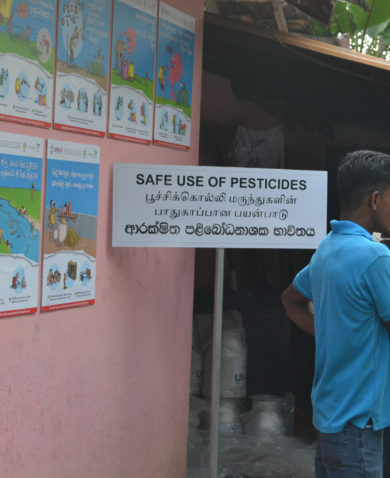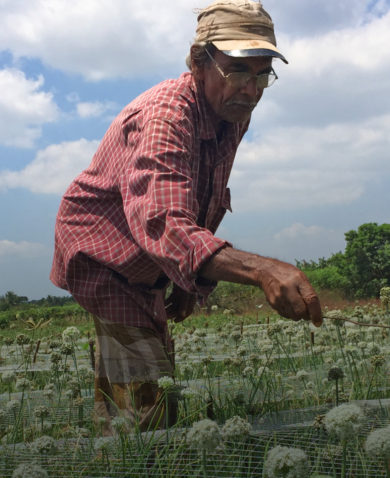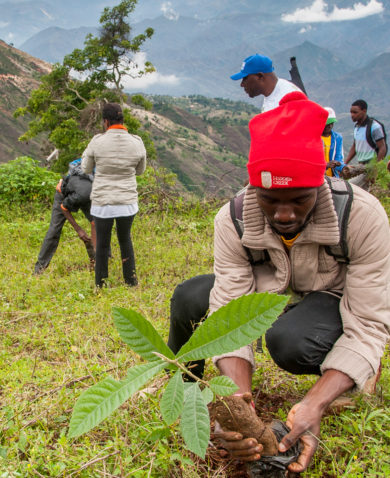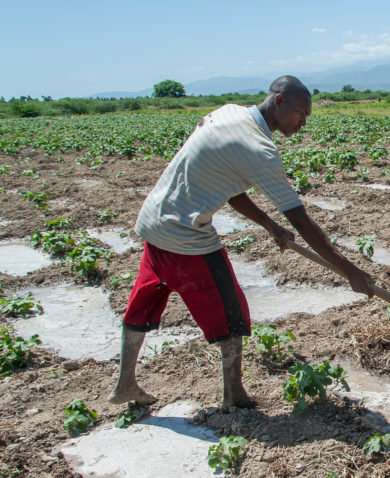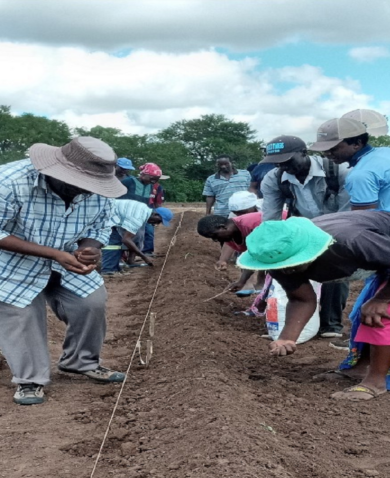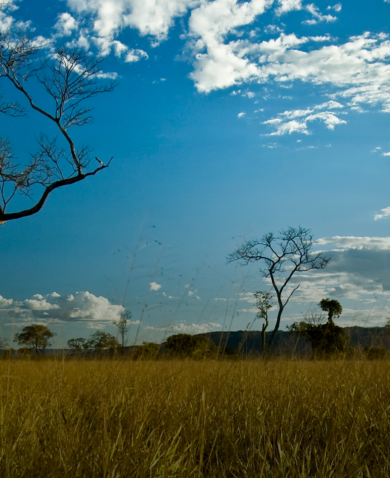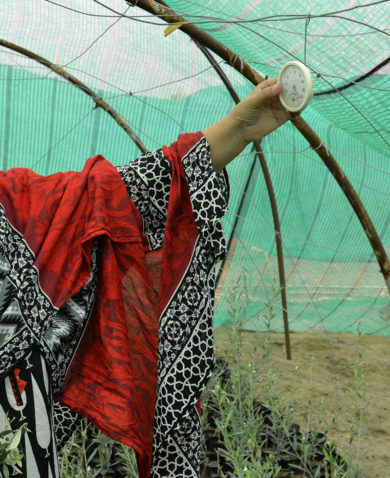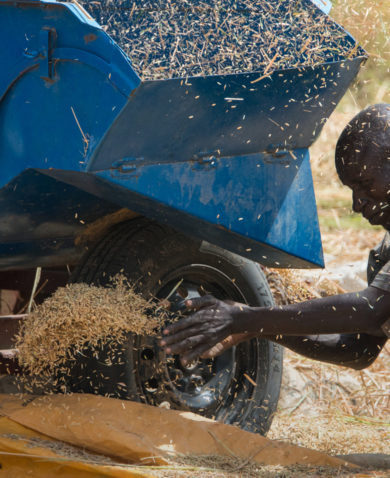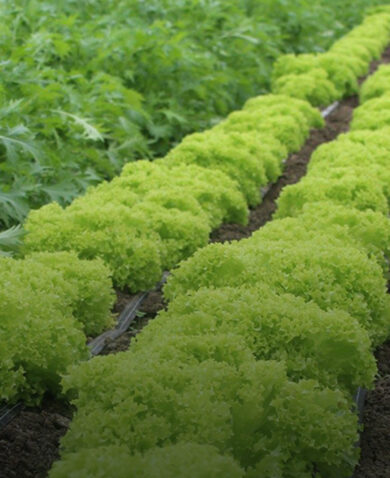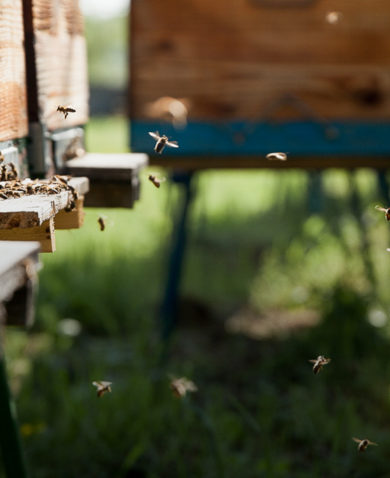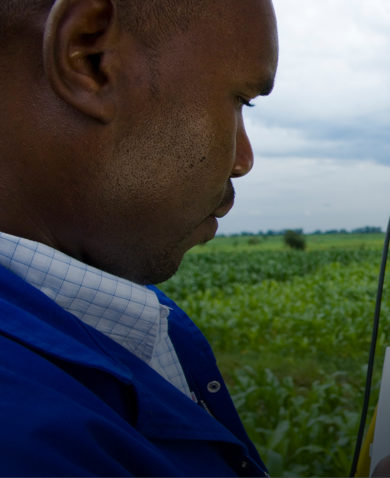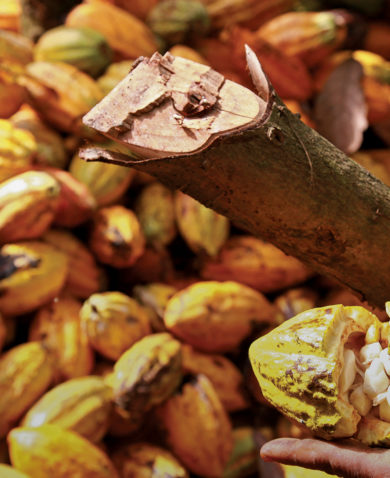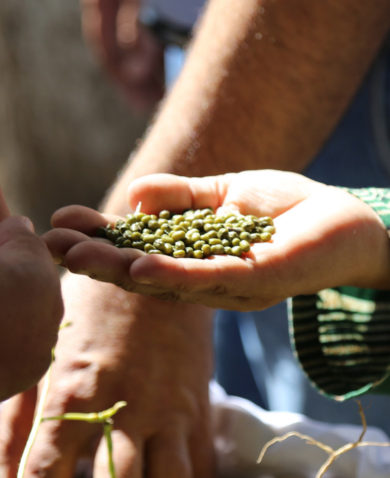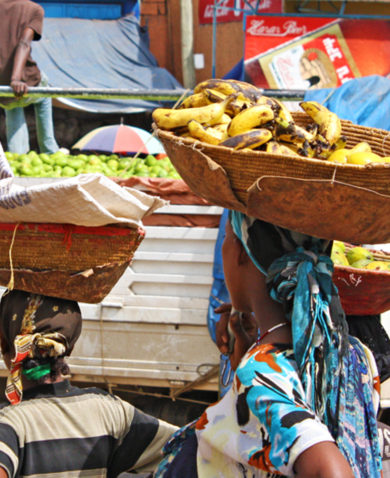Once local governments and community leaders began inviting farmers to training courses, news about these courses spread to other community members. Mr. Muslimov and 60 other farmers from the Khatlon province took a five-month course to learn about modern practices for managing their orchards. The course covered topics like fertilization, pest management, and storage. Farmers learned about these new approaches through in-field demonstrations conducted by eight international volunteers and local orchard specialists.
Farmers who attended these training courses said that they looked forward to adopting these innovative practices in their own orchards. Participants were also eager to share their new knowledge and skills with others. Since December 2015, 60 pruning brigades composed of local farmers have been actively educating other farmers and stakeholders in the community about innovative practices in managing their orchards. Members were selected based on their experience, education, and willingness to attend the training courses.
Since attending the course, Mr. Muslimov says that his new knowledge and skills have resulted in much better yields from his orchard. In addition to managing his own orchard, he is now sharing his new skills with others. Today, Mr. Muslimov works as a consultant at the Water User Association, teaching other farmers in the community about best practices for increasing the quality and productivity of their orchards.

